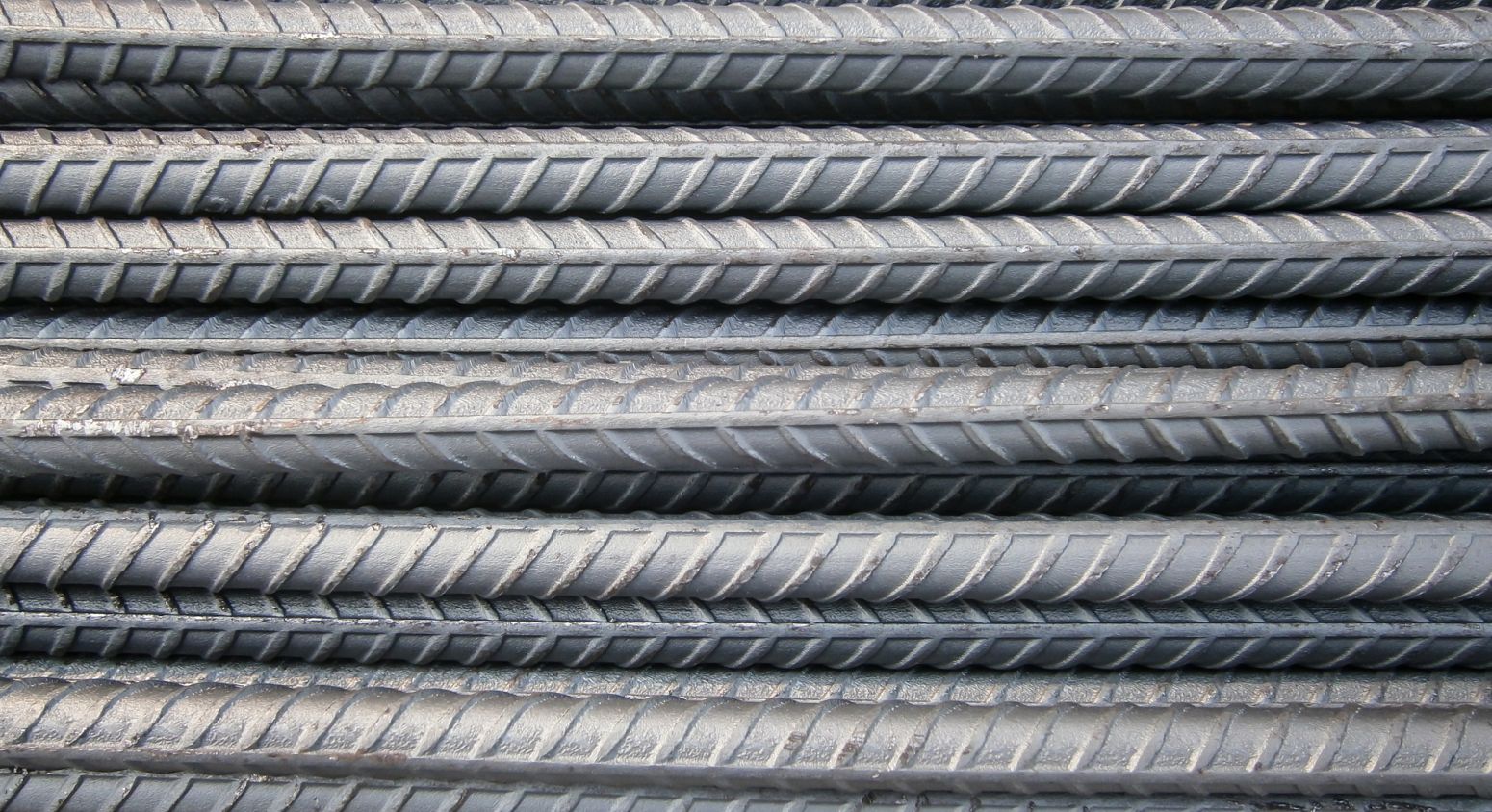
A proposal by Britain’s Trade Remedies Authority (TRA) to drop measures to limit the import of Chinese reinforcement steel are “utter madness”.
That’s according to the British Association of Reinforcement (BAR), which has warned against scrapping anti-dumping measures imposed on Chinese reinforcement steel after the UK market was flooded with cheap imports in 2016.
The TRA made the proposal, arguing that the UK needed to meet the fall in the supply of steel as a result of the war in Ukraine and sanctions against Russia and Belarus.
It noted that in 2020-21, 27% of total rebar imports came from Belarus, Russia and Ukraine.
Higher prices versus impact on UK producers
TRA chief executive Oliver Griffiths said: “We have a duty to weigh up the impact of dumping on UK producers against the broader effects on the UK economy of imposing tariffs. In this case, our assessment is that high domestic demand and international supply shortages mean that retaining tariffs on high-fatigue performance steel concrete reinforcement bars (HFP rebar) from China would push up prices for key elements of the UK economy, such as construction.
“Our judgement is that the impact on the British economy of higher prices would significantly outweigh the impact on the sole UK producer of rebar of removing tariffs on Chinese imports.”
CO2 and quality fears
But the BAR argued that there is “more than enough” steel-producing capacity in the UK and Europe. It added that in addition to harming the UK steel industry, the TRA needed to consider the CO2 impact of importing Chinese steel and safety concerns over quality.
Steve Elliott, BAR chairman, said: “The TRA proposals are an overreaction and do not fully take into account the manufacturing resources of UK and European steel mills. In terms of the significant additional CO2 emissions from importing Chinese steel and concerns over quality, the proposals are utter madness.”
He argued that Chinese steel is often manufactured using basic oxygen furnaces which produce up to five times the amount of CO2 compared with the electric arc furnace methods used by UK and European steel mills.
Elliott also raised quality concerns. The BAR pointed to findings in 2015 that some Chinese steel mills were adding boron to steel reinforcement to obtain commercial rebates.
“Even small amounts of boron can affect the hardenability characteristics of steel and this has potential safety issues for prefabricated welded steel reinforcement,” the BAR said.
Comments
Comments are closed.












Sadly, looks like the powers at be in the TRA are putting “profit before people”.
Doing any kind of Business with China’s Government (which mandates and dictates Companies, as well their relentless and terrible human rights record on their Citizens) will only serve to fund and propagate this Dictatorship.
When will Britain “wake up and smell the coffee”, and show some more / ethical backbone when it comes to choosing which Countries we should do Business with?
Some years ago I would agree with the arguments of domestic producers of reinforcing steel and their claims about quality of Chinese steel, however in more recent years the quality has improved and building companies around the World need to purchase from wherever they can get the best delivered price and service for reliable quality steel reinforcement. However, I would certainly agree with BAR about the effects of Co2 emissions in China & know that this important factor has been taken into consideration by TRA in balancing the various factors, good and bad, in their decision. The volumes of UK steel mills have been getting smaller over many years not because of quality but because of product prices. The consumers have the right to buy at prices to suit their project when the service and quality are up to the required standards.